The stars aligned, and the spirits of South American football came alive as the Maracanã stadium lit up. Beneath a star-filled sky with an electrifying atmosphere that seemed to have transcended the bounds of reality, a game that will go down in the history of the South American game took place. On this magical night, Fluminense put their name into the history of football, lifting the coveted Libertadores trophy for the first time and finally being able to let go of traumas from their past.
The importance of winning this game stretches far beyond the confines of football. Not just for those on the field but for the legion of passionate supporters who poured their hopes, dreams, and hearts into this search for the Eternal Glory.
The echoes of the past were impossible to ignore on this night of triumph. The year 2008 had stained itself into the collective memory of Fluminense supporters as the most heartbreaking chapter in their recent history.
It was then, under the same starry Rio sky and within the same walls of the Maracanã, that their hopes were dashed in the Copa Libertadores final. In a gut-wrenching twist of fate, they had come so close, only to fall short in a heart-wrenching penalty shootout against Ecuadorian giants LDU.
It was a loss that haunted them for years, a wound that refused to heal, and ever since that day the dream of Libertadores glory had been a relentless obsession for supporters and players alike.
In the very stadium where they had once suffered their greatest heartbreak, they returned seeking redemption and, against all odds, they found a glory that will last for eternity.
The score, 2-1 in favor of Fluminense, was more than just a result; it was the completion of a dream that had lingered in their collective soul for over a decade. The history books were rewritten as Fluminense clinched their first-ever Libertadores title, exorcising the demons of 2008 when they had been so close yet so far.
Thousands of Boca Juniors fans, who had traveled from Argentina, filled the Maracanã with their passionate chants, their fervent support echoing throughout the night. They did everything in their power to propel their beloved team to victory, but Fluminense’s resolve was unshakable.
The winning goal, a spectacular banger, came from super substitute John Kennedy, who emerged from the bench to put his name in the history of the tricolor Paulista. It was a moment of pure ecstasy, a reminder that in the beautiful game, dreams can come true.
The 43-year-old goalkeeper, Fabio, defied age to produce phenomenal saves that kept the dreams alive. Fernando Diniz, the tactical genius at the wheel, orchestrated a masterclass, turning the tables in Fluminense’s favor with his innovative tactics. The cocktail of age and youth, experience and innovation, was a theme that resonated with every pass, every tackle, and every cheer from the jubilant fans.
Possession statistics, 54% for Fluminense and 46% for Boca Juniors, merely hinted at the intensity of the battle. 15 shots with five on target for Boca, and 13 with six on target for Fluminense, showcased the relentless pursuit from both sides. Four yellow cards for Boca and three for Fluminense, 13 fouls from each side, the game was played on a knife’s edge.
Amidst the fiery atmosphere, red cards were brandished on both sides. A notably comical one was when John Kennedy, the hero of the hour, celebrated his historic goal with the fans, only to receive his second yellow card. A moment that could have cost them the game was soon overshadowed by a bizarre incident when a Boca player lost his temper, slapping Fluminense captain Nino in the face and earning himself a red card. Both teams battled on with ten men for a great part of overtime.
The journey of the game was equally intense, as German Cano’s strike for Fluminense at the 36-minute mark was met by Boca Juniors’ equalizer at 72′. The pendulum swung, and the fervor in the stadium reached fever pitch.
Marcelo, the former Real Madrid star, was moved to tears at the final whistle. His journey had culminated in this glorious moment, and his emotions mirrored those of every Fluminense fan.
Boca Juniors, heavy favorites in the eyes of history played hard, and at times, the winds of the game seemed to favor them. But, as they say, the ball doesn’t lie. The tricolor carioca displayed superior skill, determination, and passion, earning every ounce of the glory that would now adorn their crest.
The gods of soccer scripted an epic tale, a story that resembled an action-packed Marvel movie. The game had it all – skills, drama, fights, and overwhelming emotion. It was a true reflection of what the beautiful game means to South America, where football isn’t just a sport but the essence of life.
Eternal glory now belongs to Fluminense. Their journey through the heartbeat of South American football led them to this historic night, where tradition met innovation, and dreams turned into reality. In the backdrop of the Maracanã’s storied history, this victory stands as a glimpse into the undying love and passion for the beautiful game.
In life, and in football, the good guys don’t always win, but when they do, it is extra special. The legacy of this Copa Libertadores final will be celebrated for generations to come, a chapter written in the ink of passionate fans, iconic rivalries, and memorable moments.
Oh South American football, you’ve done it again– thank you and I love you.


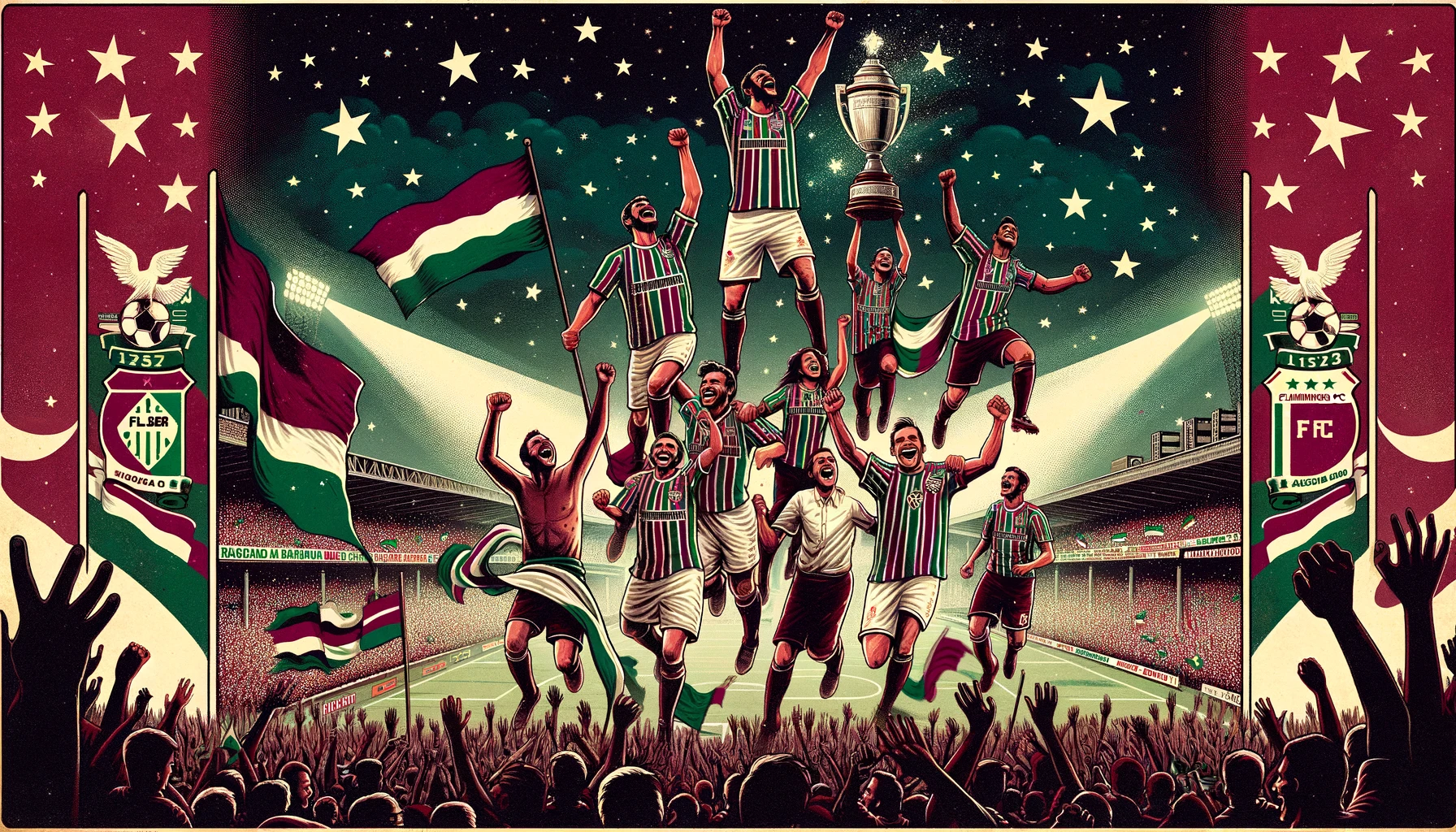




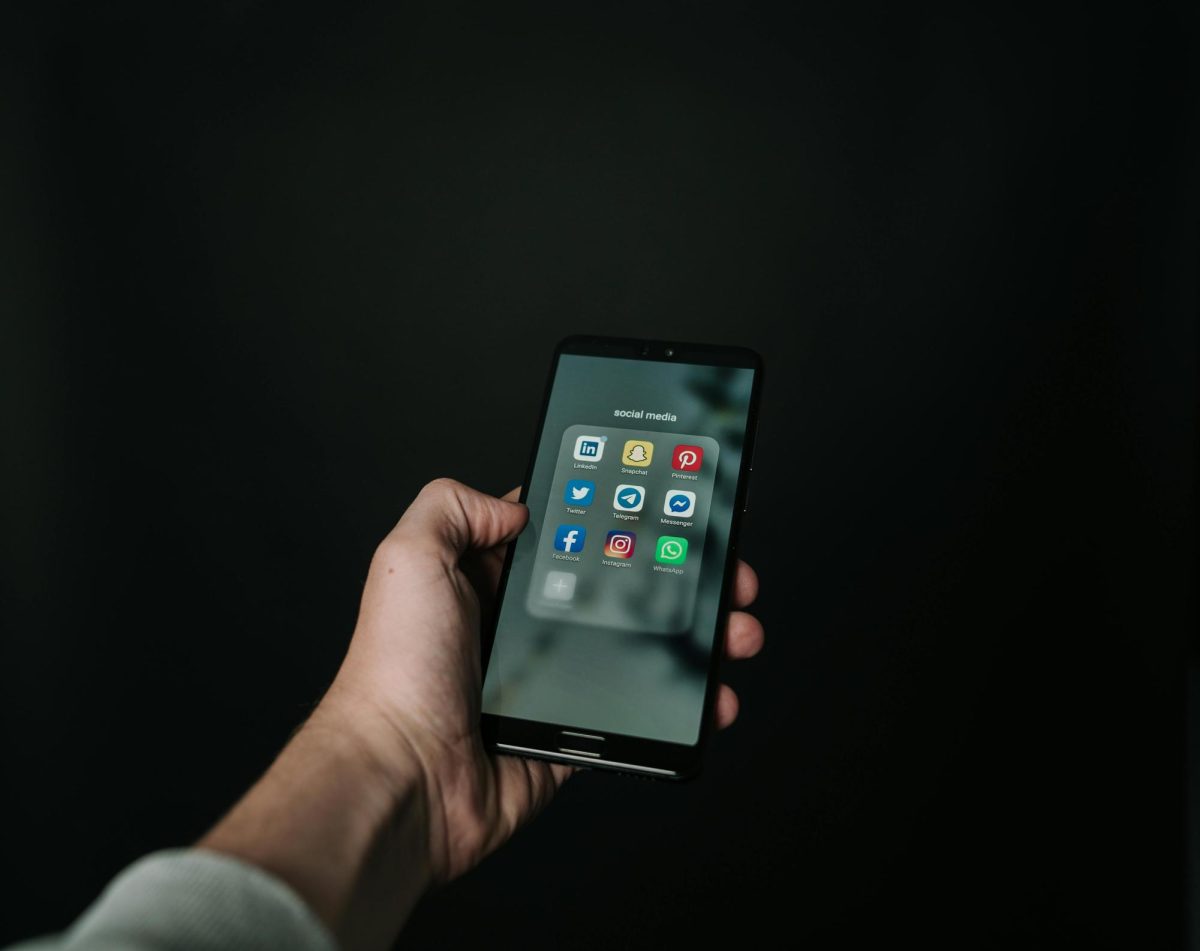


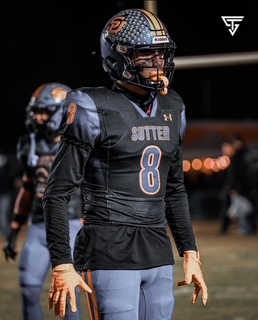


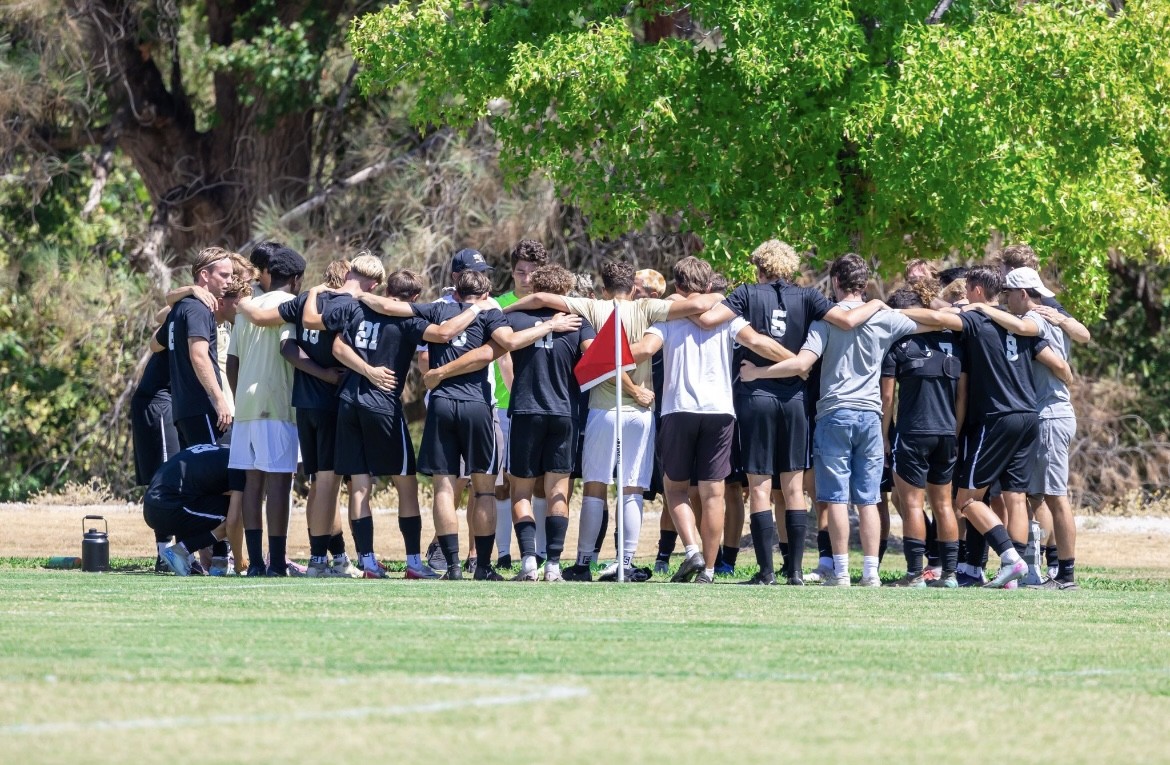
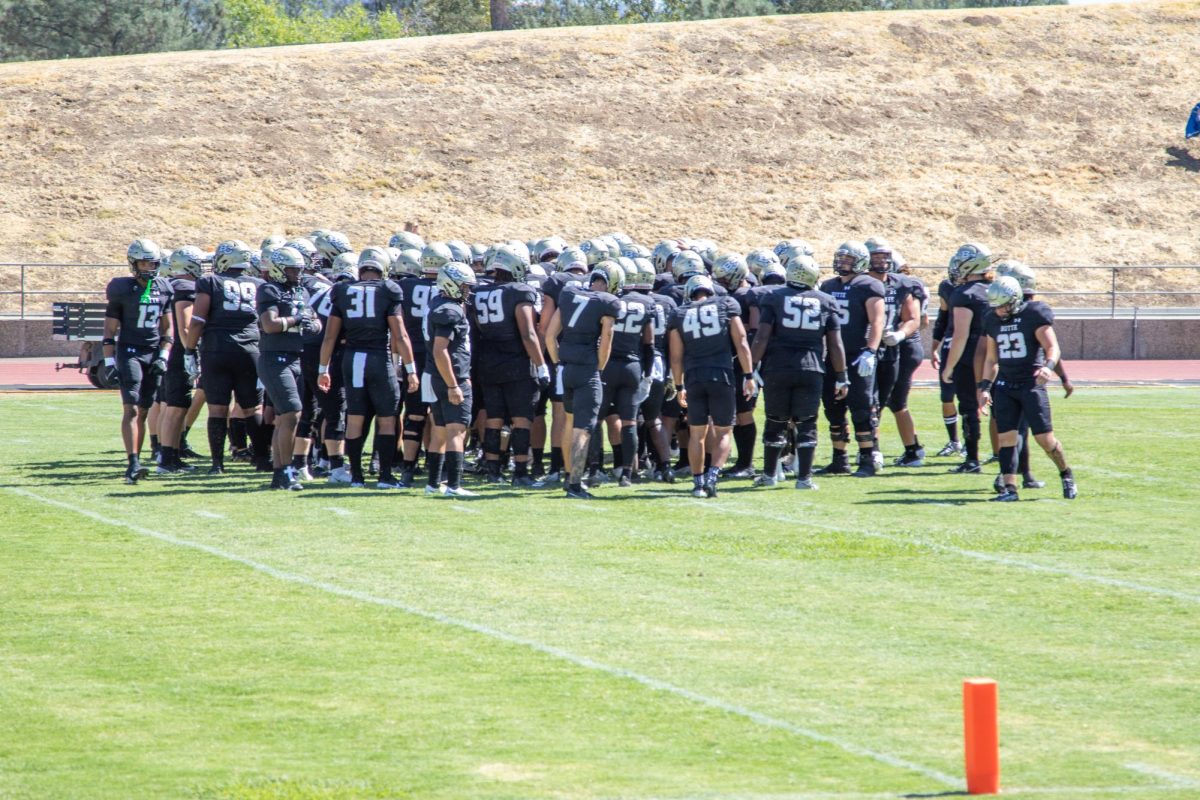
Charles santos • Nov 13, 2023 at 11:02 am
VAMO BRASIL